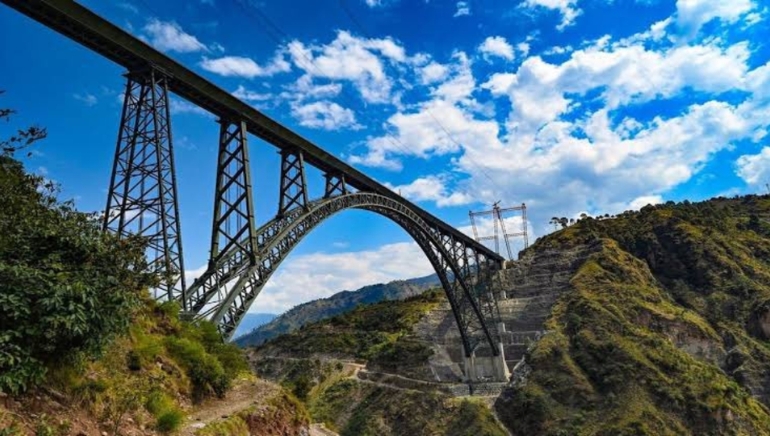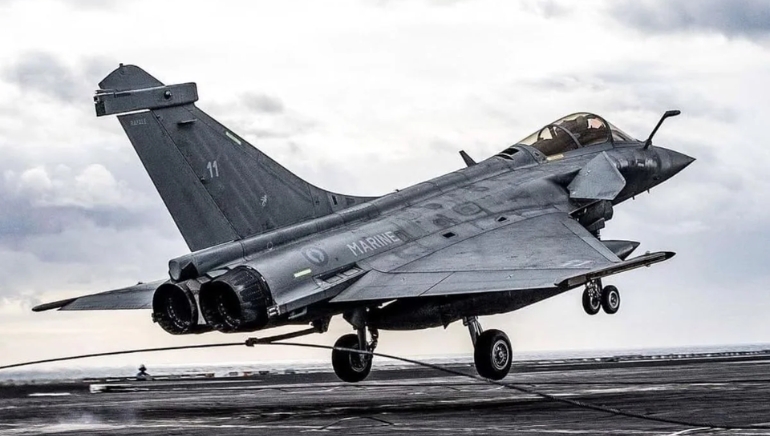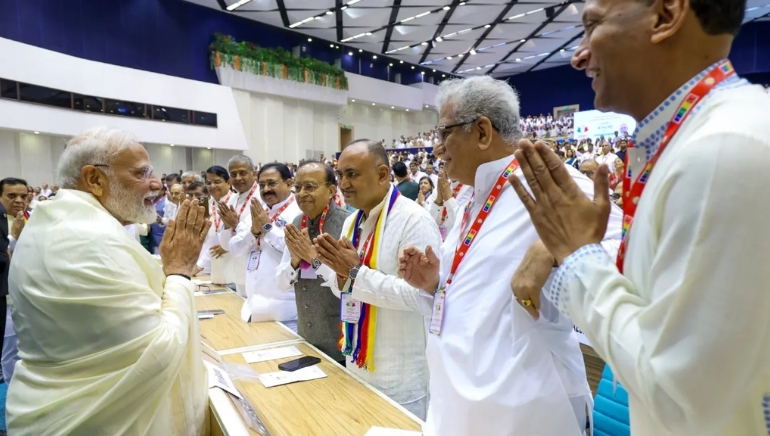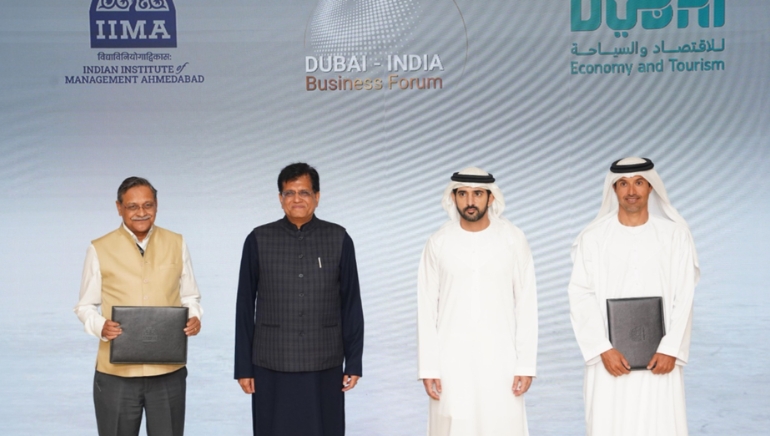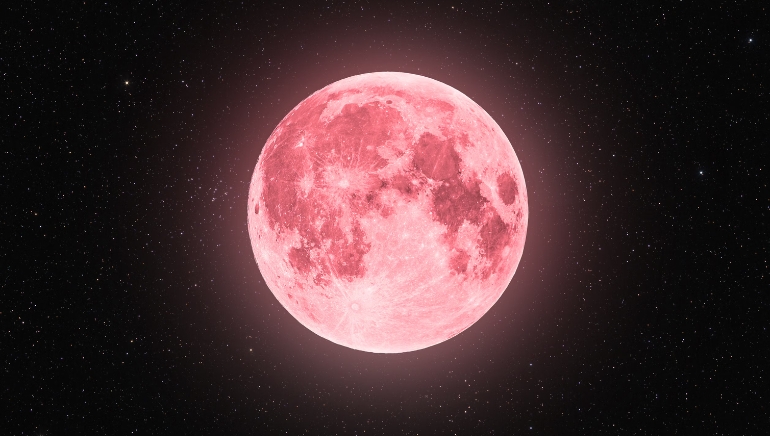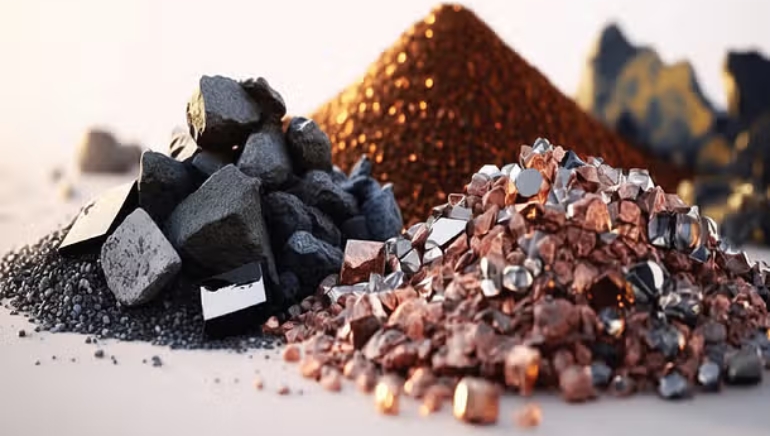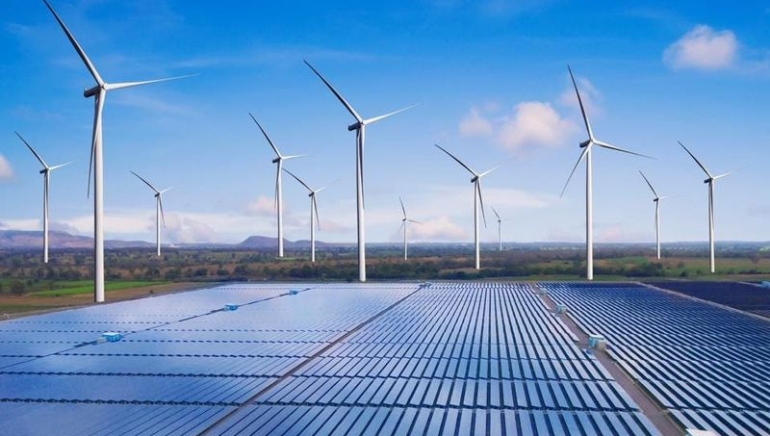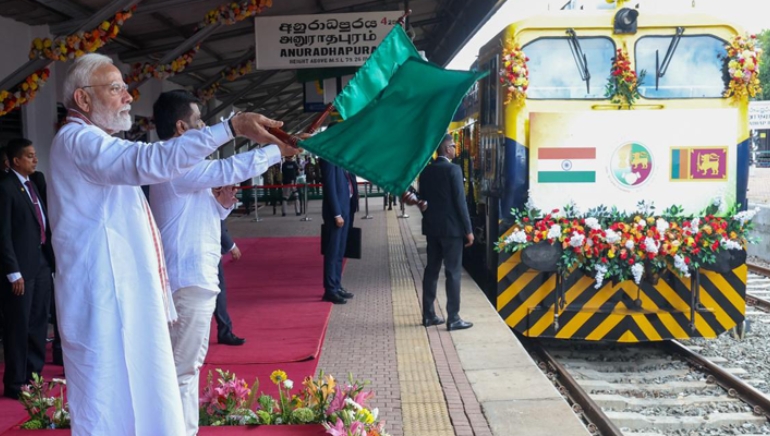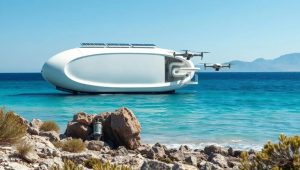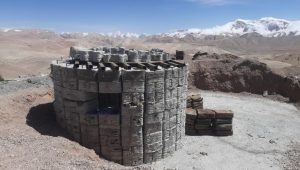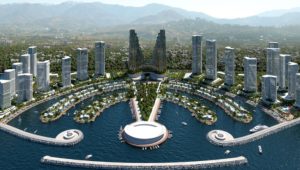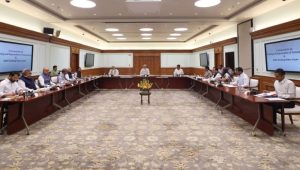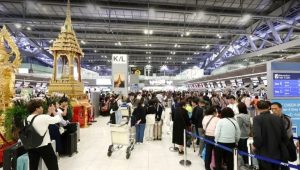Thailand celebrated the New Year with a brilliant burst of energy as the annual Songkran water festival kicked off on Sunday. Across the country, revellers dressed in bright shirts and safety eyewear participated in joyful water fights, honouring a symbolic tradition of cleaning, renewal, and new beginnings. Crowds splashed one other with water from toy guns and buckets, and some even joined in from the backs of pickup vehicles, creating a hilarious mayhem.
Participants arrived well-prepared for the celebrations. The event not only lifted moods but also provided a much-needed boost to Thailand’s tourism industry. The government expected an 8% increase in foreign arrivals during the festival week.
International travellers found the experience unforgettable. “I’ve never seen anything like this before. Tinke Stockman, 20, from the Netherlands, remarked, “I had no idea what to expect, but I love it.”
However, the festivities came despite ongoing concerns following a catastrophic earthquake in neighbouring Myanmar last month, which also claimed lives and caused structural damage in Thailand. Despite safety concerns, many tourists were reassured. “Stay alert, and it’s perfectly fine,” said Zhang, a Chinese traveler, expressing cautious optimism.






